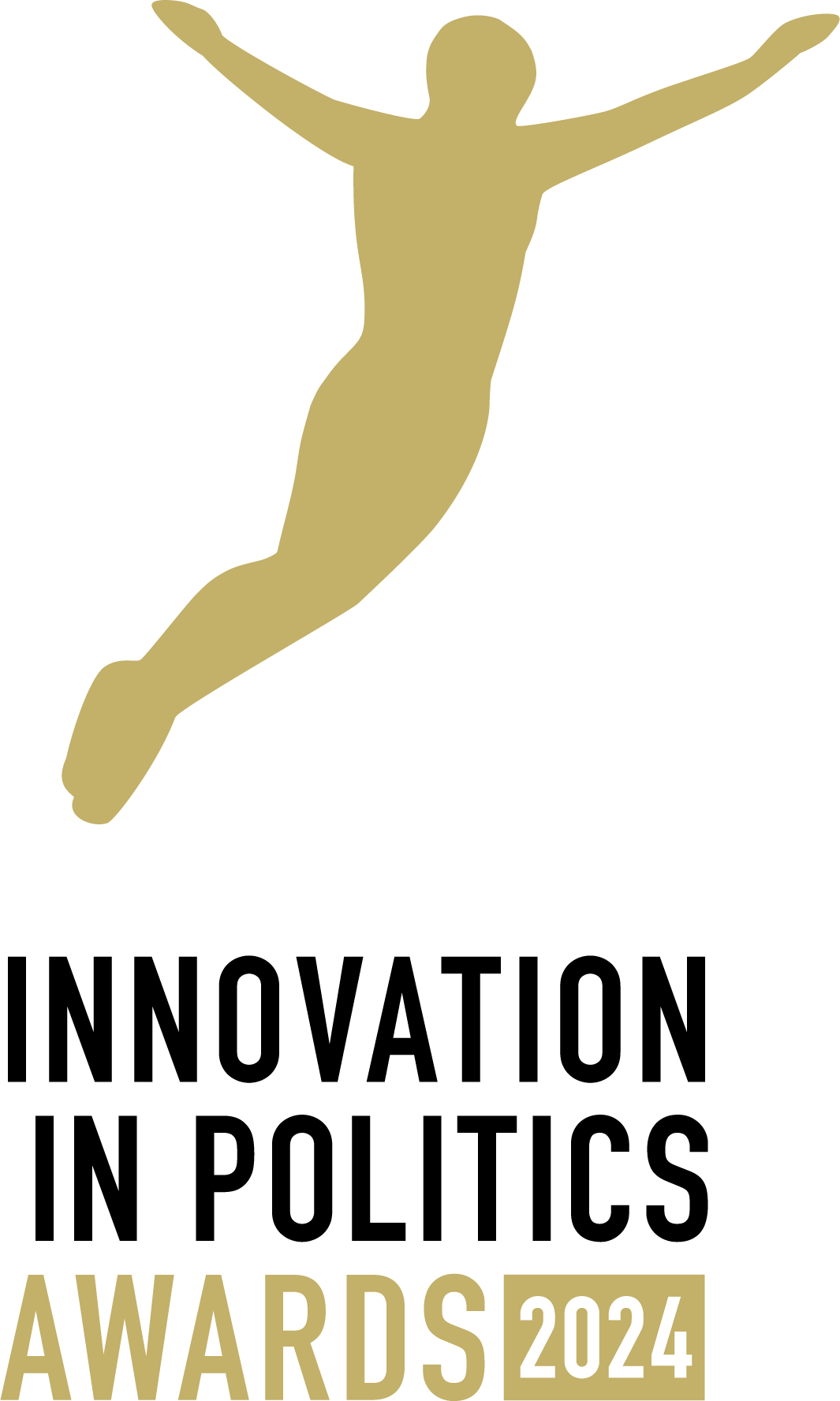PARTICIPATION, TRANSPARENCY, SELF-DETERMINATION
THE 10 FINALISTS
We honour political work that increases participation of citizens – in opinion forming and in decision making.
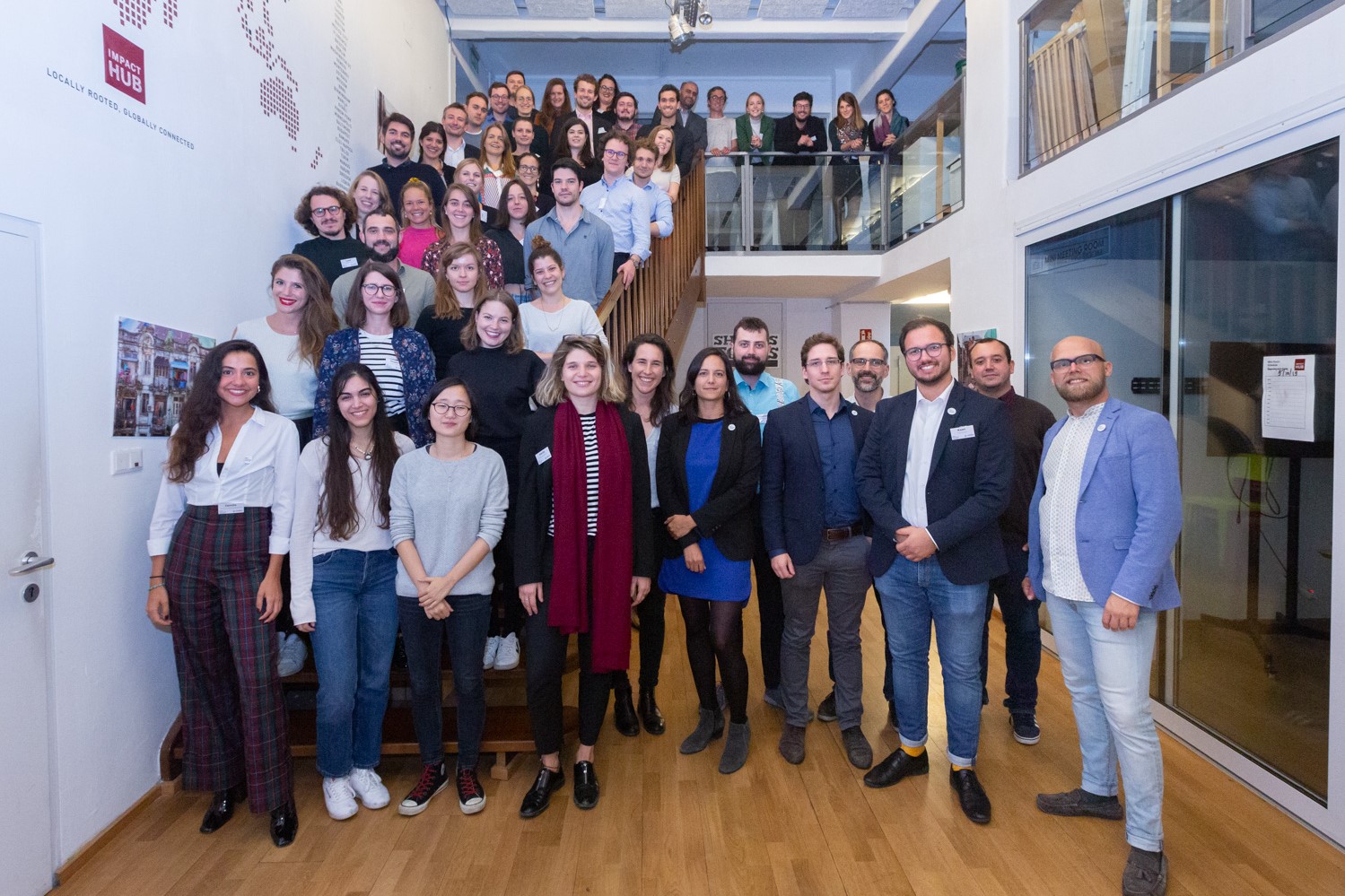
Open Think Tank Network
A transnational network of policy think tanks is set up with an open source digital platform.

Helvetia Calls!
Helvetia, the female national personification of Switzerland, campaigns for women to enter politics, run for office, and improve democracy.
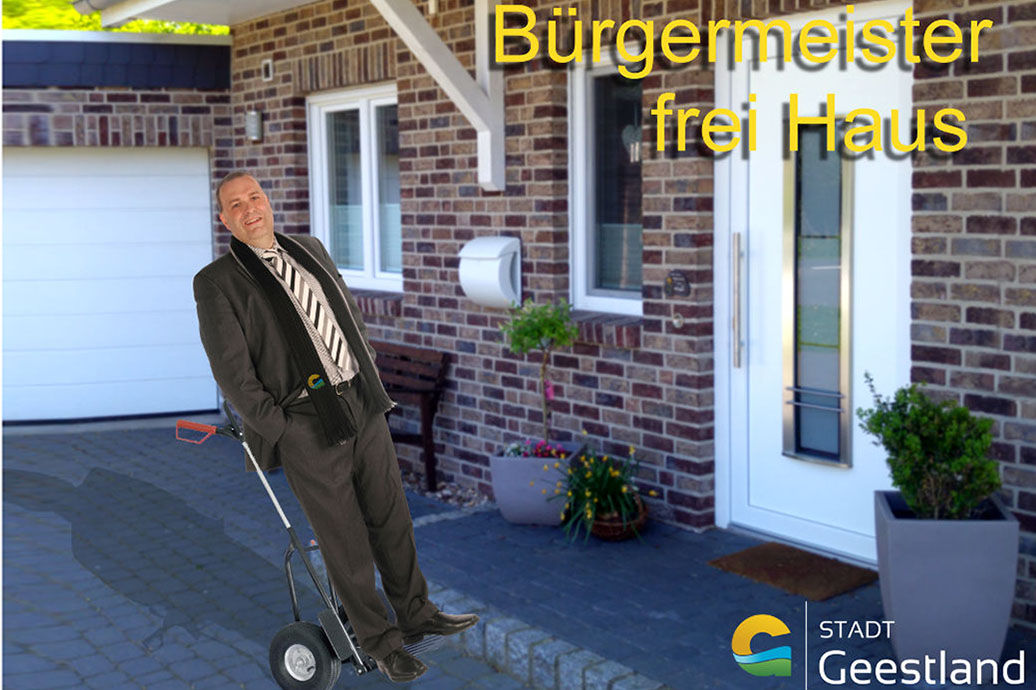
The Mayor Delivered to Your House
This is the opportunity to invite the Mayor into your living room to discuss citizens’ feedback and to better understand the City’s policies.
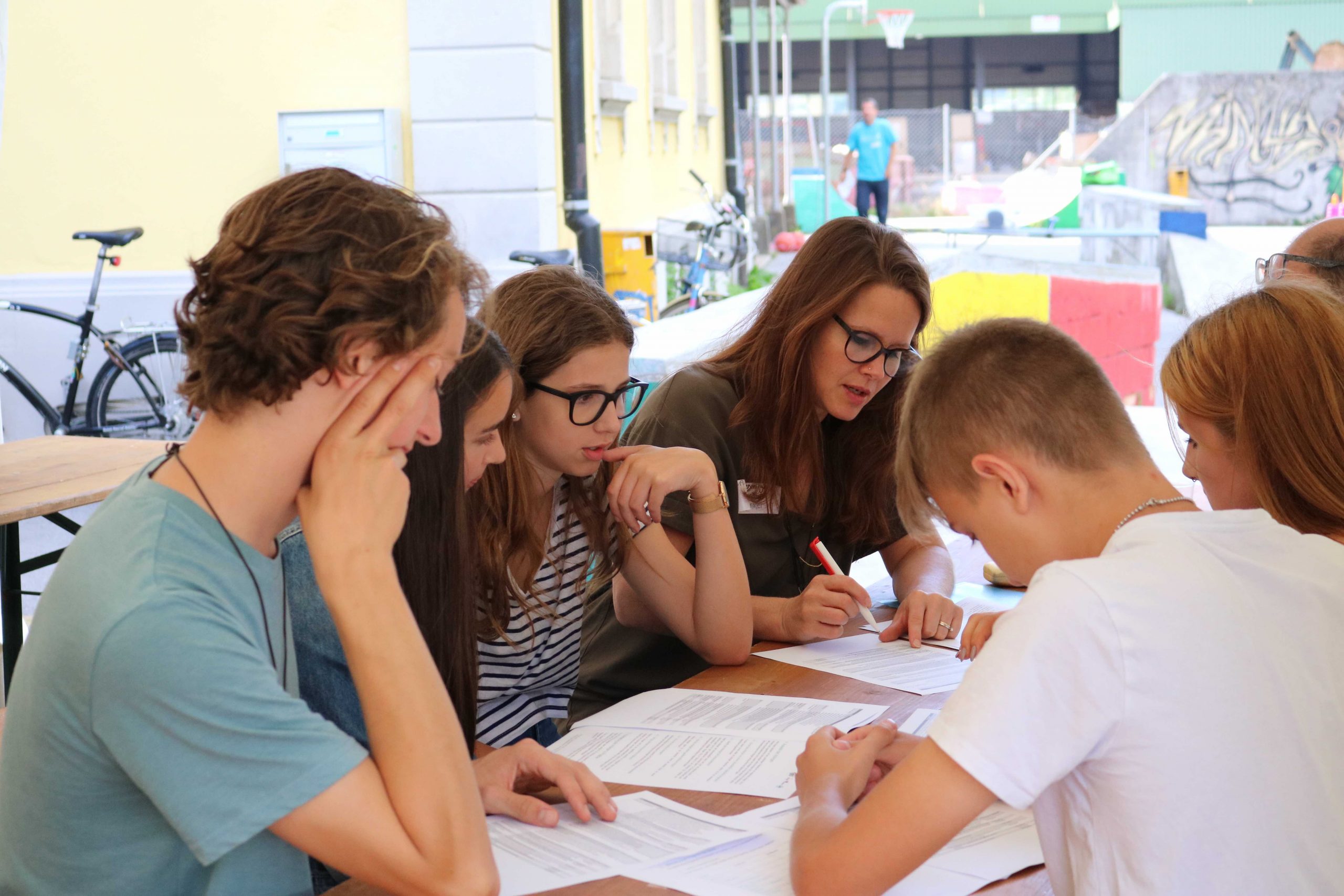
Engagement for Glarus!
Am online platform encourages civic and political engagement of children and adolescents in the Canton, and recognises them as citizens.
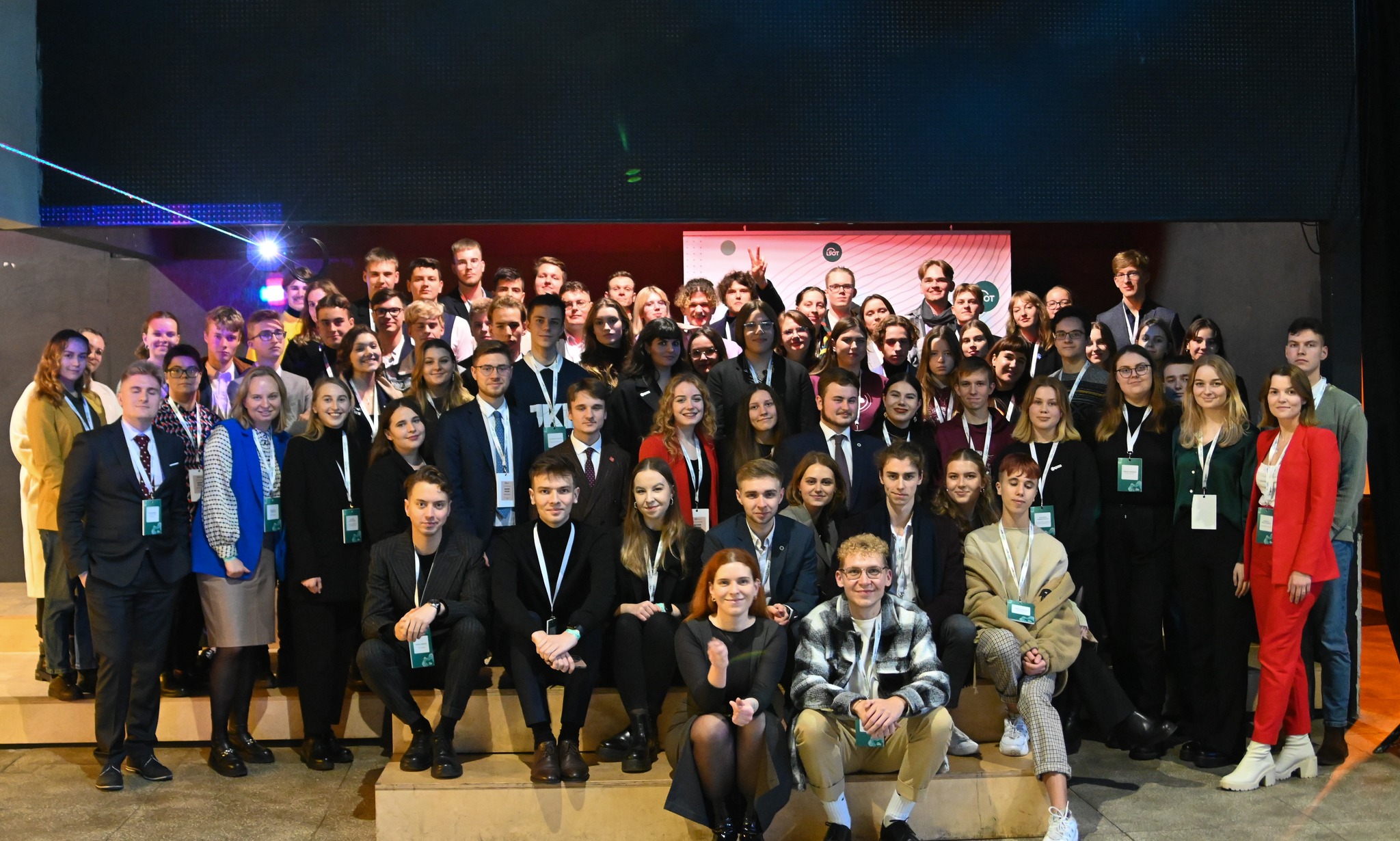
Nothing about Youth without Youth!
This campaign resulted in a constitutional amendment that reduced the minimum age for government office to 21, increasing possibilities for youth engagement in the political process.
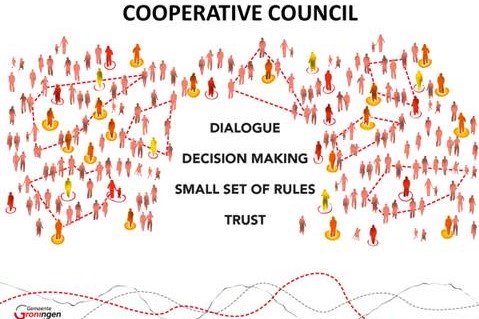
Cooperative Council Groningen
Neighbourhood ambassadors and randomly selected citizens work with politicians to build trust between people and politics, connecting participatory and representative sides of democracy.
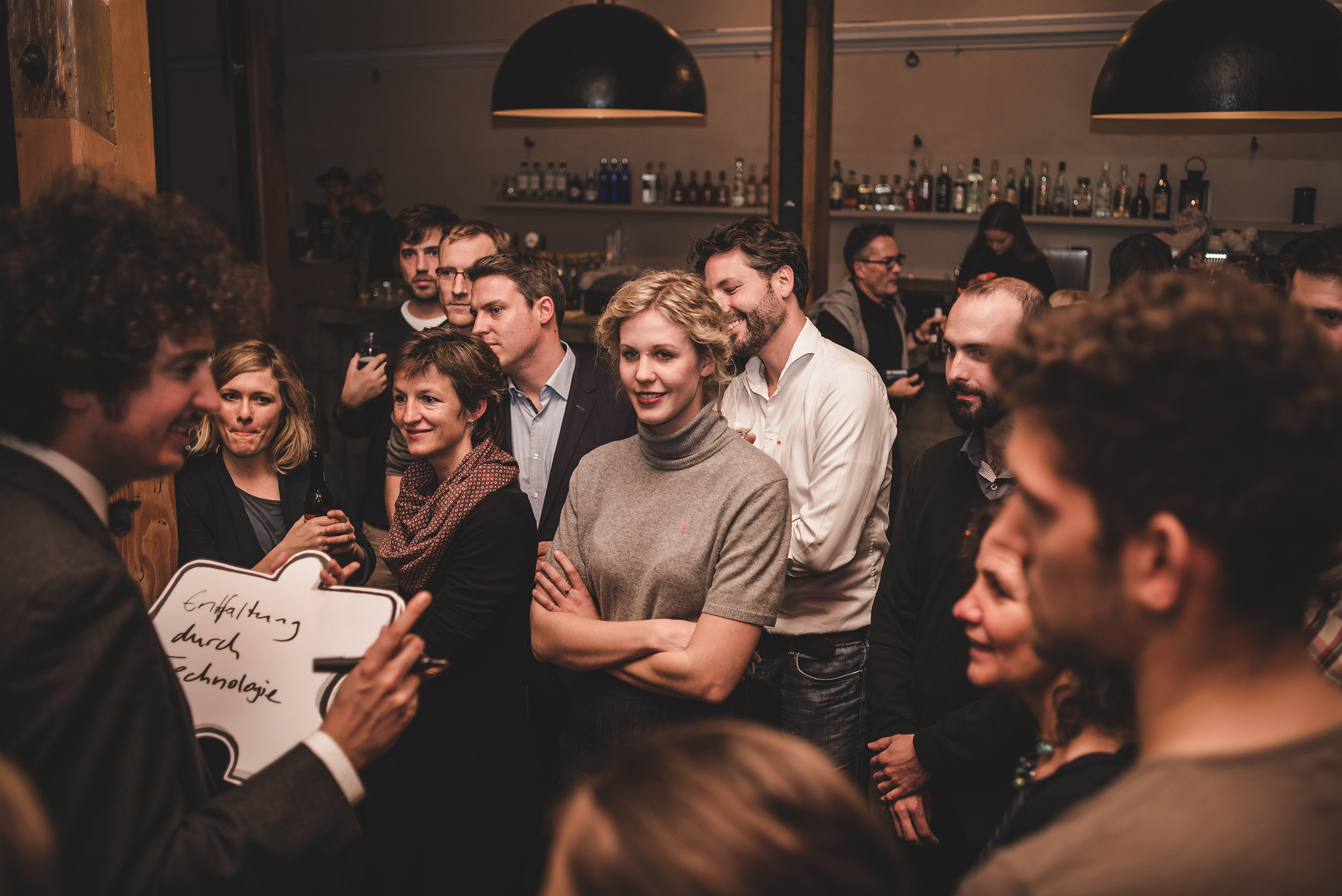
The Open Political Laboratory – GLP LAB
The Laboratory experiments with modern ideas of collaboration and finds fresh impulses for the Swiss political system, which is based on voluntary participation.
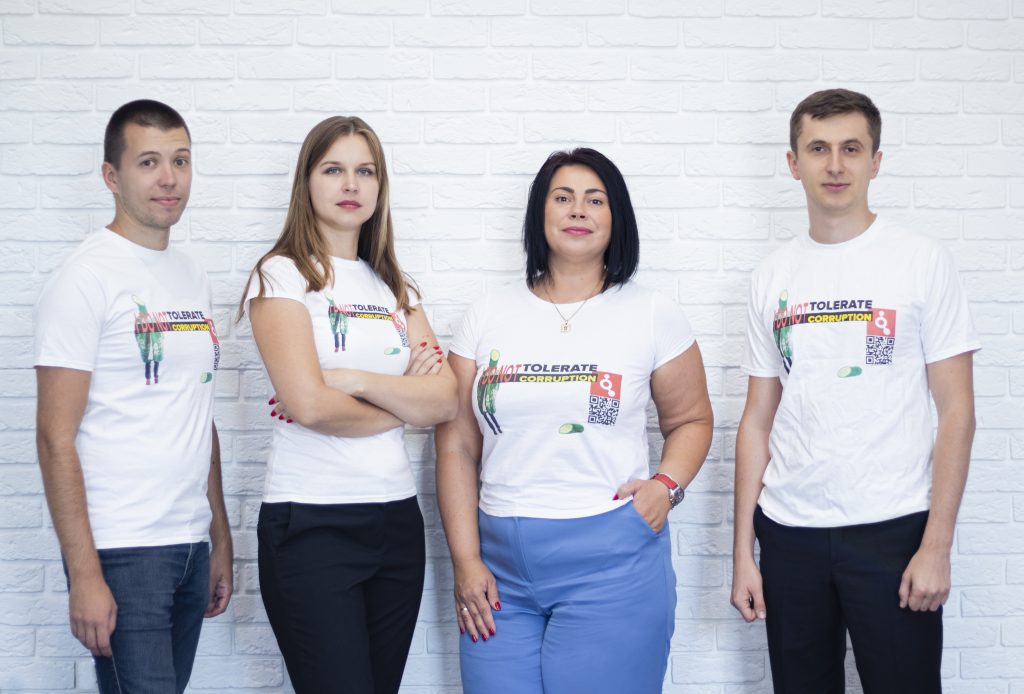
Corruption Prevention through Civic Engagement
A platform connects people to crowdsource actionable data on corruption, offers training and educational activities, and helps find solutions and close legislative gaps.
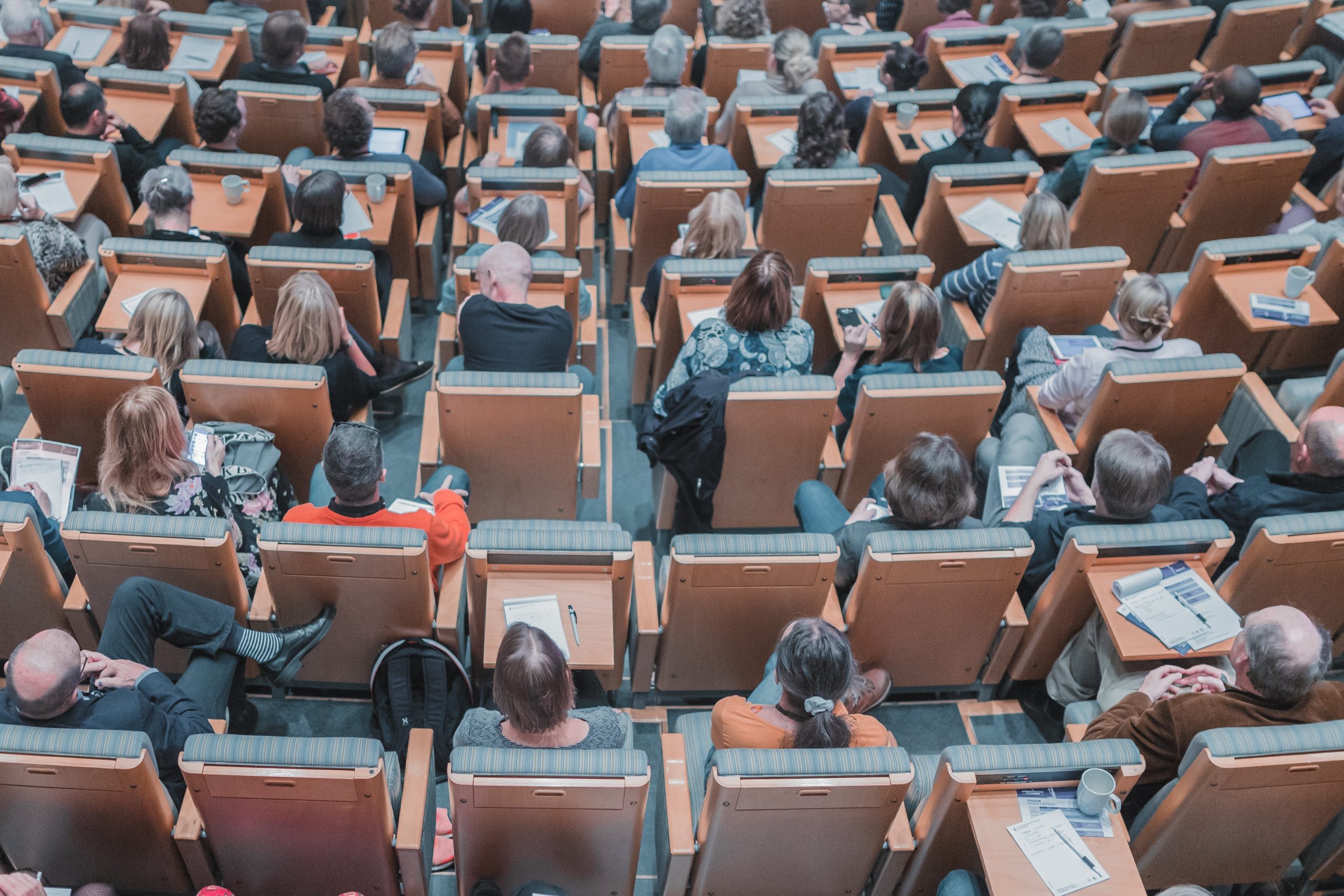
Participatory Budget in Alytus: bringing more democracy and responsibility to the City’s residents
In Alytus, citizen involvement happens through a part of the budget being allocated according to citizens’ proposals and ideas.
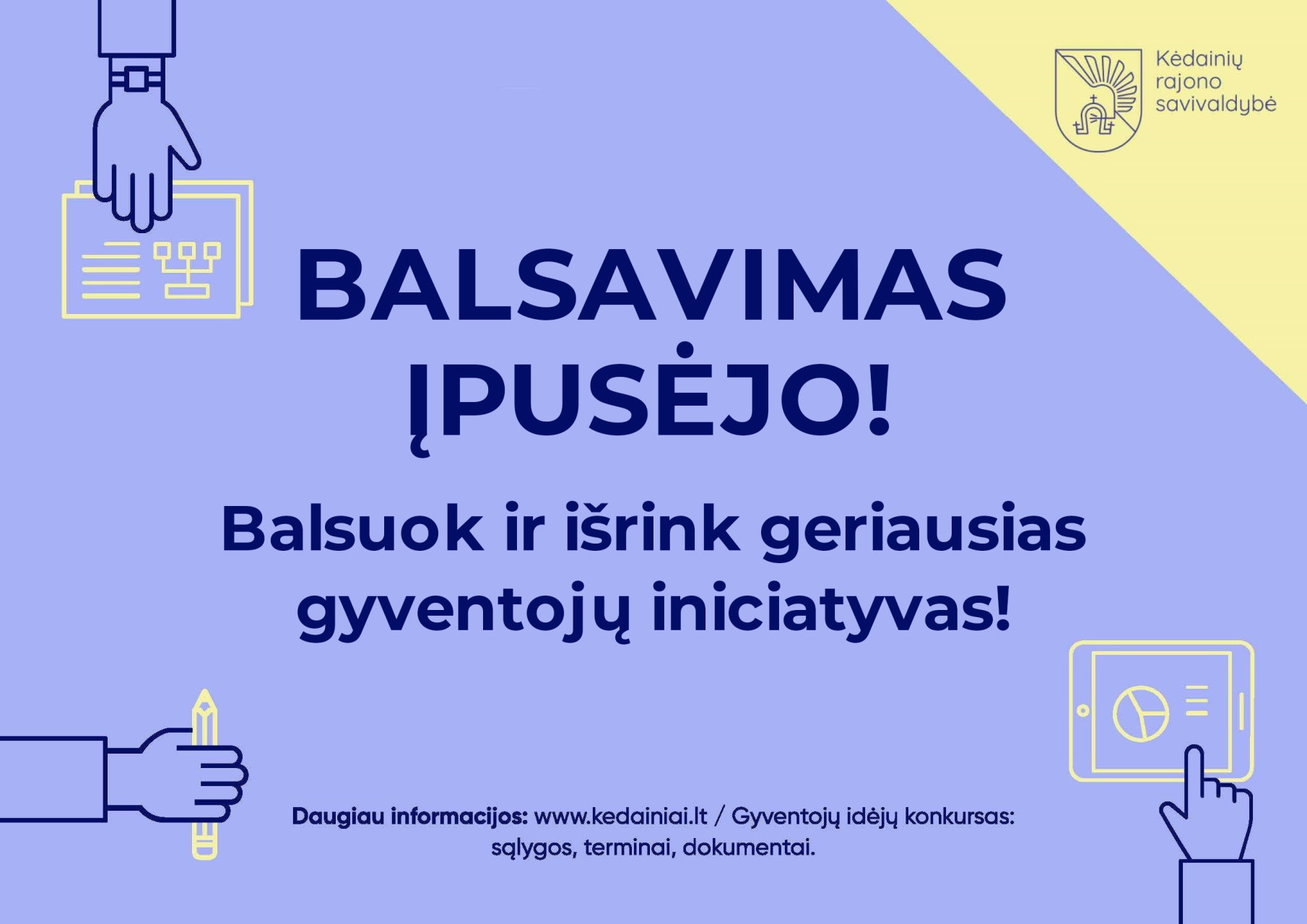
Improving the Living Environment in Kėdainiai District Municipality
A citizen participation programme in Kėdainiai District provides support to a range of citizen initiatives for civic improvements that are already having an impact.
